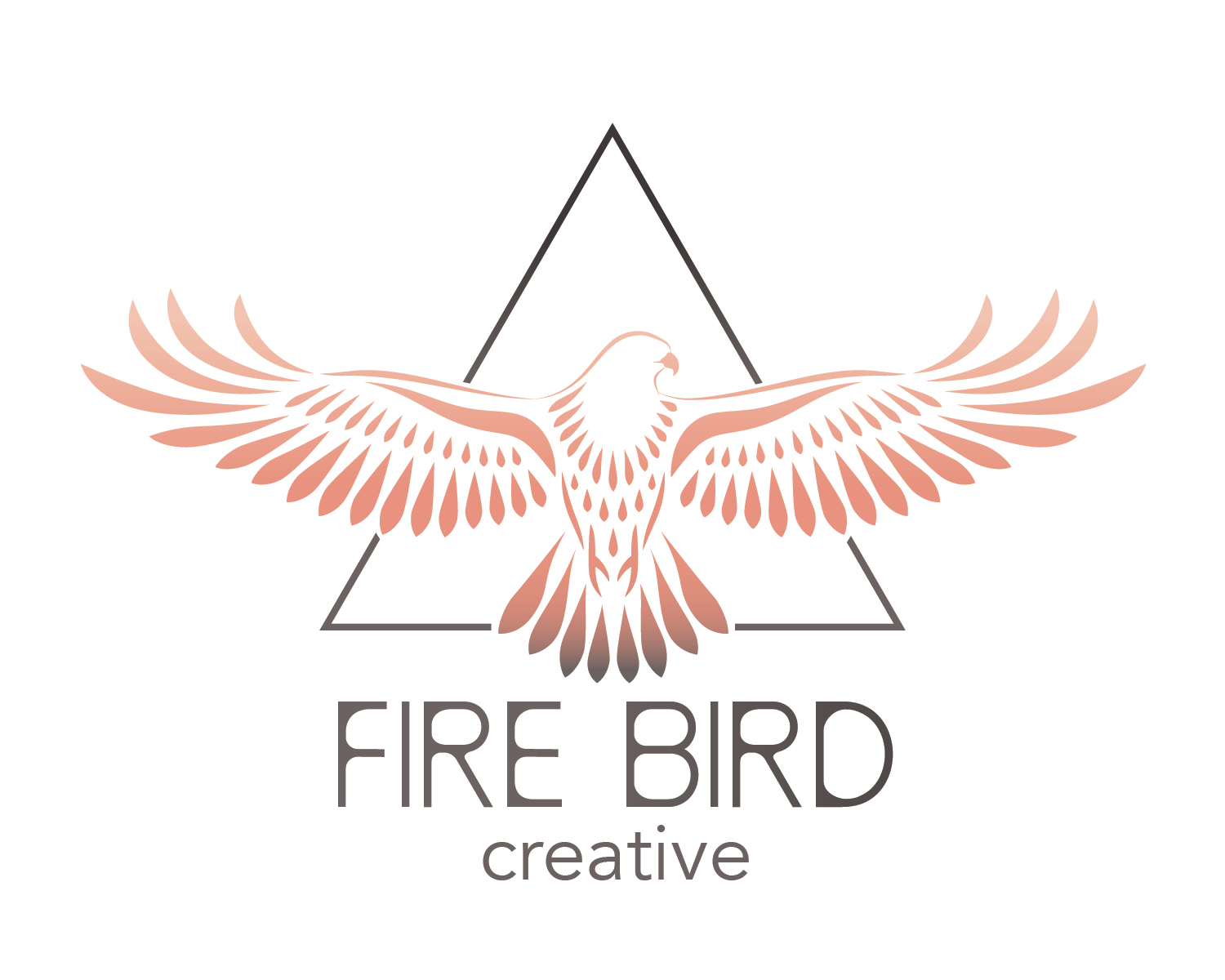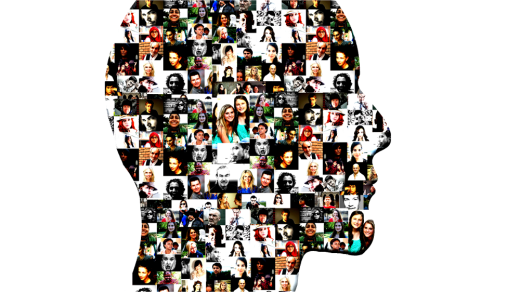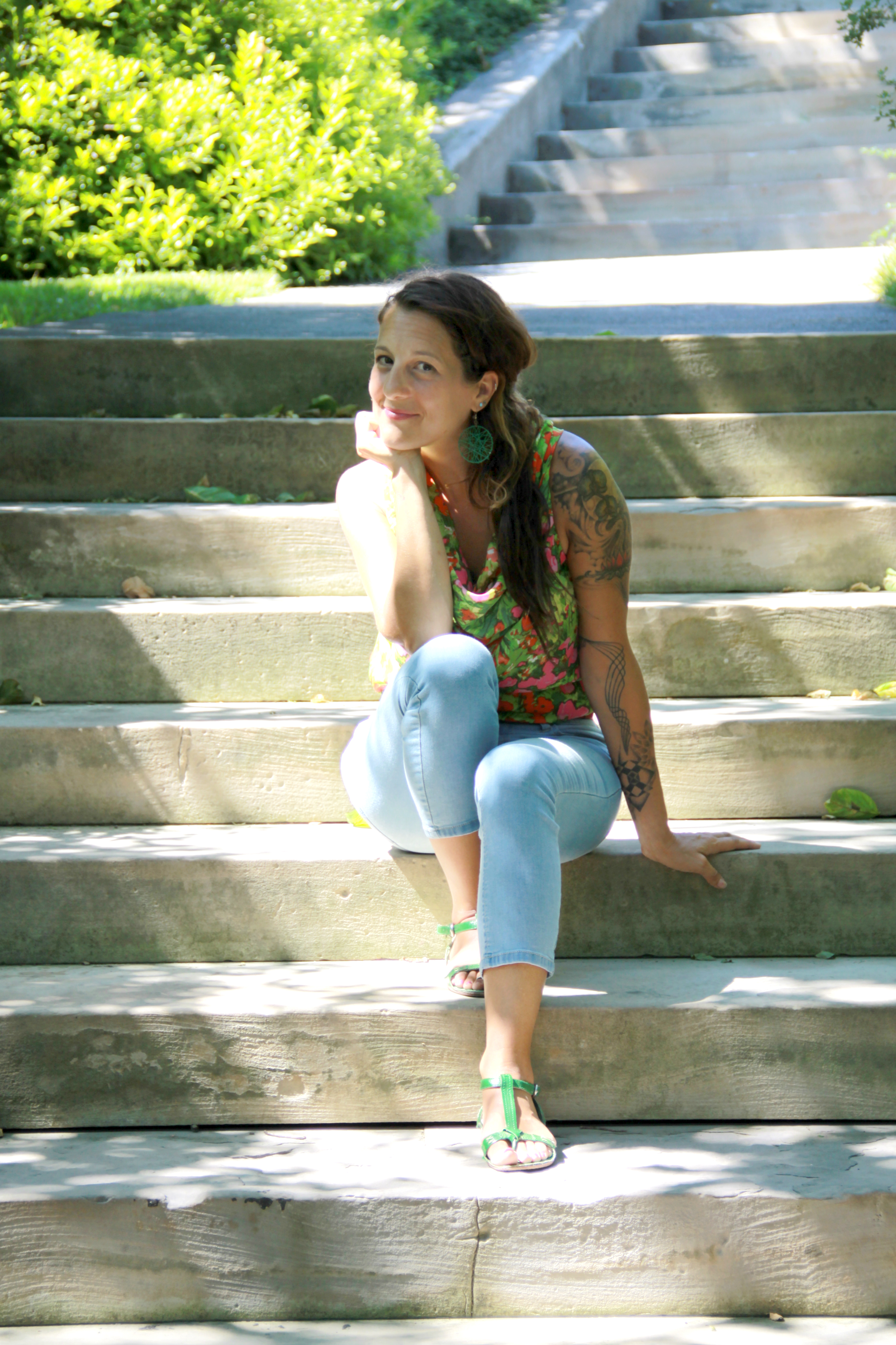The theme that has come up more than any other when counseling adolescents and teens has been identity. Kids struggle to understand who they are and how they want to present themselves to the world. They tend to find some sense of self through their interactions with others. Spend time in almost any American high school and you’ll notice various cliques. There are the band kids, the nerds, the jocks, the queers, the popular kids, the stoners, the goth/emo kids, etc… and while some of these may not be exactly representative of 21st century terminology (what can I say? I’m out of touch), the existence of segregated social groups is undeniable.
Cliques are commonly regarded negatively. When kids exclusively associate with peers who share similar interests, ideals or traits, they become limited in their awareness of diversity. Cliques commonly shun or ostracize other groups, effectively widening the distance between them and potentially fueling conflict. There is safety in sameness, but there is little opportunity for growth.
Typically, we age out of such sophomoric categorization… or do we? We may no longer see ourselves as “band geeks” by middle age, but we often find other labels to describe ourselves. They may be related to our career, our political views, our religious beliefs, or our area of birth–ie: “Veteran,” “Liberal,” “Republican,” “Pro-Choice,” “Christian,” “Yankee,” to name a few. As we well know, adults continue to shun, ostracize, and experience conflict with other groups. We’re older, but we’re not always wiser.
I am not a sociologist, and I have never lived in another country, so what I am about to share is merely my opinion. I believe that our American society is fractured and struggling in large part due to the absence of collective identity. We are an enormous nation, comprised of diverse groups of people. We have always prided ourselves on being a “melting pot,” but this fact has created an enormous barrier to cooperative living. It seems we are so focused on the differences, that we are unable to coexist peacefully. This is not a new reality–it’s not the result of the most recent presidential election. It has been a burgeoning aspect of our culture for years that seems to be reaching a level of maximum capacity.
A shallow or nonexistent sense of identity creates fear of otherness, as well as entitlement and self-centeredness. It also sets the stage for unhealthy or dangerous coping. If you ask Americans about their heritage, most of them will reply with a mix of nationalities–Irish, British, German, Italian, Polish, Russian, etc. But what does that mean to them? Ask them what cultural traditions they practice because of their heritage and most often you will be met with a blank stare. Most families that have been here for generations have lost their traditions and their stories to assimilation. Of course, those who are closer to their country of origin or who’s traditions are an embedded way of life identify more strongly with their ethnic culture.
What are our collective American traditions? How do we come together to celebrate our shared nationality? The only thing I can think of is Thanksgiving or the 4th of July. We eat. A lot. That certainly seems American. What else? We consume. A lot. And I’m not talking about food. Americans crave a lot of stuff. We’re brainwashed by a consumerist culture to think we can somehow buy happiness, but shopping doesn’t bring us closer together.
The United States of America belongs to ALL of us who call this great nation home–the Native who descends from the first people to walk this land, the white man who’s family has been here since the 18th Century, the African American who’s ancestors were carried here in chains, the Jewish immigrant who left her home to escape the Holocaust, the Mexican who works hard to provide for his family, the refugee who lost everything to find safe harbor… the list goes on. We deserve to live in peace and harmony, with liberty and justice for ALL.
In honor of our nation’s history and in the spirit of human decency, we must defend the values of inclusivity and unity when they are threatened. As parents, we must teach our children well. It is not enough to say we believe in something and expect our kids to feel the same. We have to work toward developing a sense of cultural identity that defines who we are as a people. So how do we do this? Here are my suggestions:
- Share Stories: One of the most memorable and significant parts of my childhood was listening to the stories my grandfather told me about his childhood and life experiences. I wish I could go back now and thank him and ask him questions. One of the biggest voids in my identity is NOT hearing stories from my parents. Tell your kids everything you can recall about your family’s experiences and your own. Our stories are important and should be shared through generations.
- Gather Together: We need to come together to experience a sense of community. Some people have this through faith based organizations, schools, or other groups. If you don’t, maybe start a book club, a community sports team, host movie or game nights, go dancing, start a band, join an art club, cook for people… whatever works for you. Include your kids.
- Step Outside of Your Comfort Zone: Interact with people who look, sound, or think differently. Don’t let fear limit who you get to know. Attend community events that share someone else’s culture. You may learn, expand your awareness… shoot, you may even make a new friend. Encourage your kids to do the same.
- Demonstrate Respect: If you dislike the values, attitudes, beliefs, or actions of anyone be sure to address the reasons why when communicating with your kids. Saying someone is an ignorant idiot teaches your kid it’s ok to call someone names. However, if you describe the specific belief or behavior that upsets you and explain why you feel that way, you teach your kids how to express themselves appropriately. Encourage kids to make an effort to see the person, not just the difference of opinion. This breeds compassion.
- Advocate for Unity: As I said, this land belongs to us all. Help kids recognize that someone else’s right to live and communicate freely doesn’t automatically pose a threat to their freedom. Encourage inclusivity, express value for diversity, communicate appreciation rather than fear of differences.
Perhaps if we can establish a stronger sense of connection with each other, we can develop a healthier sense of ourselves. Perhaps a more developed sense of identity will enable us to feel less threatened by others. If you have any thoughts on this, or suggestions for how we can create collective identity or a stronger sense of community in this country, please comment. I’d love to hear from you!
With Love & Compassion,
Adina Arden Cooper
I'm a lover, a guide and a supportive companion. An artist, an ally and an advocate. I help individuals connect more deeply with themselves and with others through shadow work. I believe that shared humanity is a powerful strength and that our stories connect us in beautiful and sacred ways. As I stumble, skip, or soar my way through this life, I invite you to join me on the journey. Likewise, I'm honored to travel with you. In witnessing one another, we find meaning.


